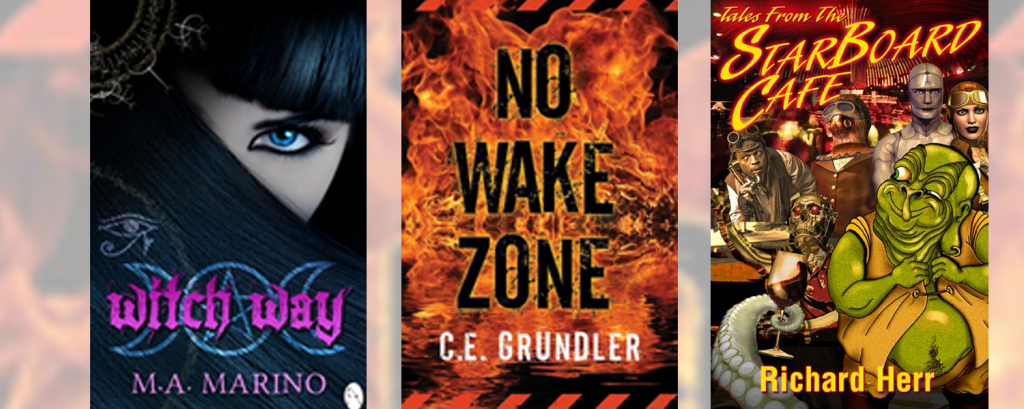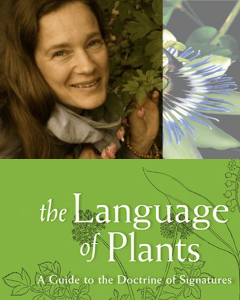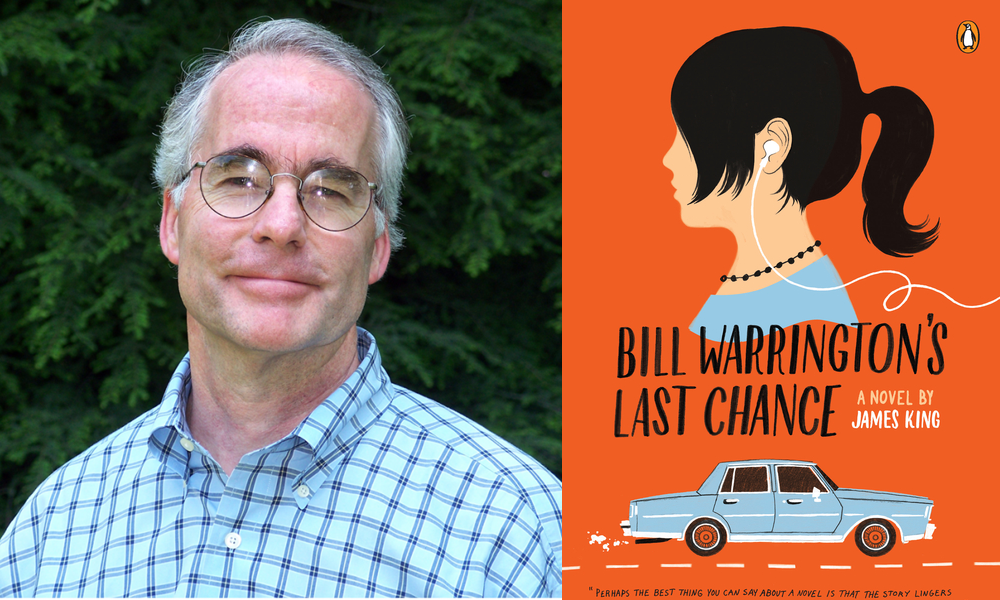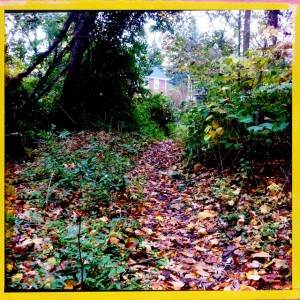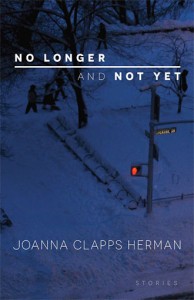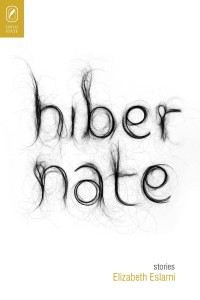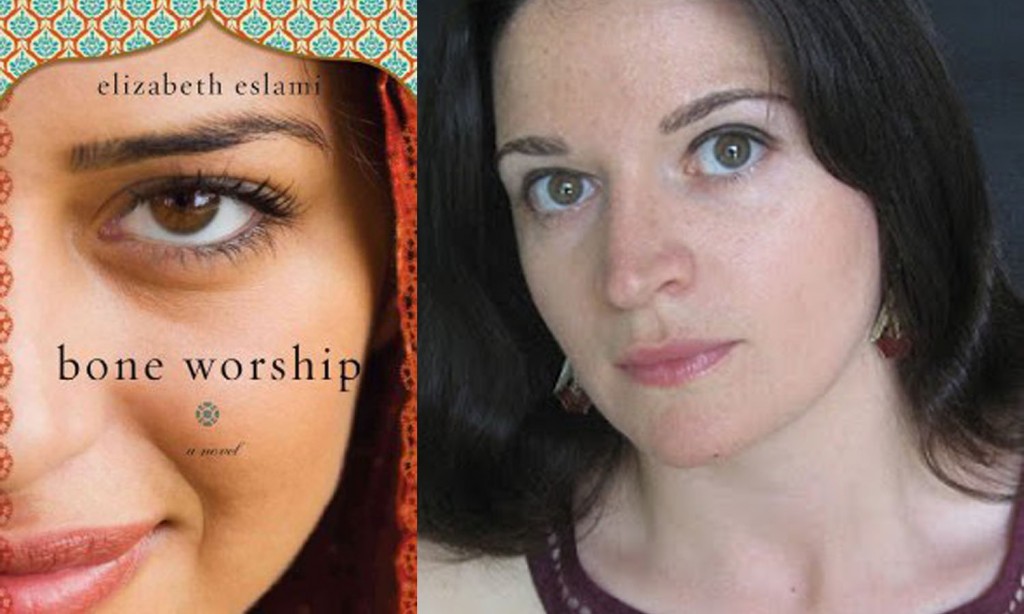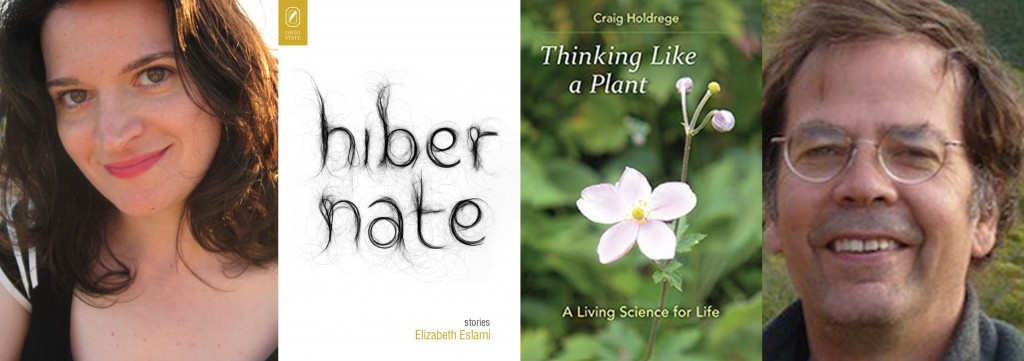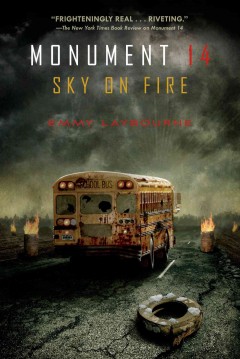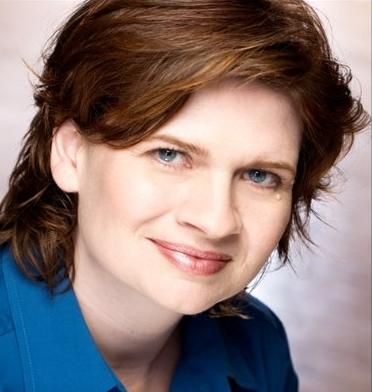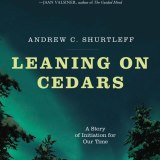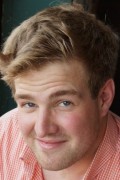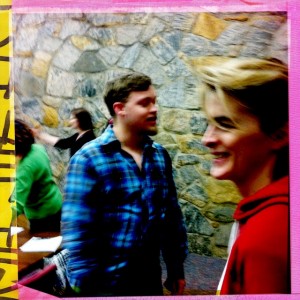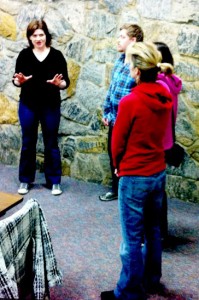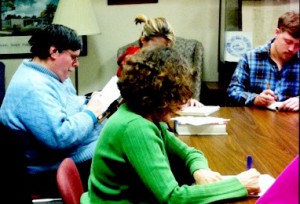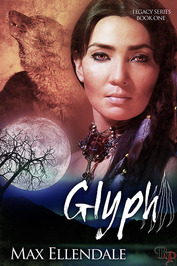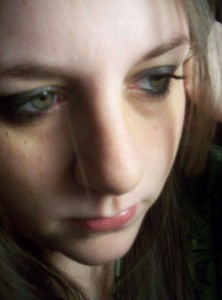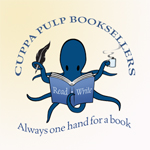 Writing News
Writing News
August 15, 2013–Check out local filmmaker Deborah Kampmeier’s crowdfunding drive for her upcoming film, SPLiT, here. It looks AMAZING. Deborah’s past projects include Hounddog and Virgin, portrayals of women’s experience that are true jewels in the astonishingly small contemporary treasure-chest. In other news: writing is, apparently, communication! The age-old rumor that many writers fail to connect with readers because of simple breakdowns in language and syntax–well, author Karl Taro Greenfeld says, it’s TRUE. Check out this interview with Karl in The Review Review, in which he confirms the rumor: writing IS communication.
Writing Advice: First Drafts, Part 3
Vanquish “Writersbane:” Staying Out Of Your Own Way
Donna Lee Miele
Emmy Laybourne says that her editors’ initial rejection of Monument 14 “was very hard to hear,” but the usual banes of self-doubt and writer’s block never bogged down her process. She revised to produce the very different, very polished manuscript for her first novel, which went on to receive a Publisher’s Weekly starred review before release. To date, Monument 14 and its sequel, Monument 14: Sky on Fire, have earned her great reviews, thousands of young fans, and a hot demand for another sequel, due out in 2014.
“I’m really quite out of my own way,” she says. “I’m not critical at all as I’m writing. I just write. I let the stream pour and pour. When you’re writing a first draft, you shouldn’t sit down with that bully writing partner who looks over your shoulder going, ‘No… that’s not good. Start over. That sentence sucks. You know what, it’s not gonna happen today.’ I don’t sit down with that person! She’s not allowed. Not in a first draft.”
A highly trained improviser, comedienne, and actress, Emmy finds that her performance work gives her writing an edge. “Improvisation is just about training your mind never to judge yourself in the moment. That is what I think is crippling to writers. When you’re improvising, you cannot stay in the past for a second. Improv teaches you to stay in the present moment, to never judge yourself.”
Common writersbanes are self-doubt, writer’s block, or garden-variety procrastination, that succubus that likes to sit on your chest, blocking your focus. Emmy dispatches them all without flinching.
“I have a few tricks,” she says. “Number one is attaining a certain velocity. You have get up to speed. In a week where I’ve written for four hours Monday, four hours Tuesday, I sit down to write on Wednesday, and I literally just start to write. It’s right there. The next thing is, if I’m really in the zone, before I go to bed, I think about the next day’s writing. It works like a charm. Then, if I’m blocked, or can’t get started, I walk. It’s better if it’s the same walk every time. I’ll walk as many loops as it takes for me to see the scene in my mind. Then I’ll go back, I won’t check emails, I’ll just sit down and write what I came up with.”
Learn to talk to yourself. You engage your banes via a healthy internal dialogue, instead of one in which they easily sabotage you. When you commit to regular writing hours on consecutive writing days, your storytelling voice strengthens. Walking, or any form of meditative movement that doesn’t wear you out, keeps your focus active.
Your infant creative work is only beginning to find its voice. Your anxieties and fears, by contrast, are well-versed in sending you off-track. Acknowledge them, instead of pretending they don’t exist. Then quiet them. Your task is to nourish this new fantastical being, your story. Recognize your limits, be patient with your process, and the power of your story will eventually guide you past the blocks.
Max Ellendale encountered another common interloper while writing her first novel: too much advice.
Wanting more than anything to make a living as a novelist, Max brought Glyph, a paranormal romance, to the first year of her graduate writing program. But neither she nor her novel were prepared for the literary fire-breathers at the gate.
“At the time, most people were not clued in to the booming sci-fi/fantasy genre. I felt like an outcast. What I was writing wasn’t good enough, because it wasn’t memoir or literary fiction. It dampened my spirit. ‘What are you writing that for? That has no value.’ I butchered Glyph and changed it to attempt to meet the needs of others, breaking Kurt Vonnegut’s rule of writing fiction: ‘Write to please just one person. If you open a window and make love to the world, so to speak, your story will get pneumonia.’”
How did Max vanquish her banes? By hard, often introspective work, she improved her skills and her story, and gained new confidence. A little help from the magic of online networking did the rest.
**And for a little extra mojo**
Along with Emmy, James King recommends “Sh**ty First Drafts,” a chapter from Anne Lamott’s Bird by Bird. “The first draft is a child’s draft, where you let it all pour out and then let it romp all over the place, knowing that no one is going to see it and that you can shape it later. You just let this childlike part of you channel whatever voices and visions come through and onto the page,” Anne writes.
“Use the first draft to be as creative as possible,” James says. “This is tough to do if that little voice inside your head is constantly piping up… ‘You think anyone’s going to publish that?’”
Lauren Groff’s pet interloper during the first draft is getting into “fetishizing the individual sentences,” she says. “I write the first draft longhand, without really caring what I’m writing about, because the first draft is where the characters come alive, and they start to tell me who they are… And I don’t even look at it again… I go and do another longhand, and then possibly one more…
“If the sentences are good, they’ll stay… And if they’re not good, why not throw them out, and start over again with something else?”
To tune back into her subconscious when she’s stuck, Lauren also observes the ancient practice of… napping. “Napping is a huge part of the writing process!
“The dreamscape is really important… Sometimes [a problem] solves itself in your head, if you just close your eyes and relax.”
Day-to-day anxieties clamor for her attention, but Joanna Clapps Herman has the discipline to let them wait. “I’ve gotten past them so many times,” she says. “Now they are like annoying old relatives. Oh, you’re here again? I know how to deal with you. Sit down and have a cup of coffee, because I have some work to do! If I’m really having trouble, I force myself to sit down for just ten minutes a day. I start a log, where I literally log myself in and out. Even if I am only at work for very short periods of time, especially then, to keep myself honest. By the end of two weeks of this, something always emerges.”
Coming Next Time: Part 4, Be Unstoppable
References:
Except where noted below, quoted material from James King (Bill Warrington’s Last Chance, New York: Viking, 2010), Emmy Laybourne (Monument 14: Sky on Fire, New York: Feiwel and Friends, 2013), Max Ellendale (Glyph, Breathless Press, 2012), and Joanna Clapps Herman (The Anarchist Bastard: Growing Up Italian in America, Albany: State University of New York Press, 2011) are from personal interviews and emails with the author, March-June, 2012.
Quoted material from Lauren Groff (Arcadia, New York: Voice, 2012) is from the author’s transcript of Ms. Groff’s seminar at the New York Writer’s Institute, State University of New York at Albany, March 27, 2012. “Lauren Groff on Writing and Arcadia”
Anne Lamott, Bird by Bird (New York: Anchor Books, 1995), 22-23.



